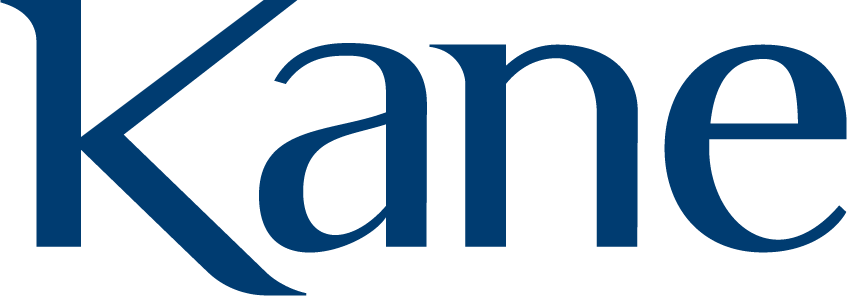Trust and Brand-Building During COVID-19
We may be getting tired of the phrase, “the new normal.” But it is apparent that the COVID-19 pandemic is reshaping how we do business, where we do business and with whom we do business. One common denominator is the brands that are the most trusted and show empathy will be the winners in the long run.
Examples abound from various insurance companies who have suspended auto insurance payments or the cellular service companies that have provided unlimited video time. Here is an example of a strong message from American Family Insurance.
Your Most Important Marketing Resource: Trust
In 2006, Stephen M. R. Covey published a seminal book titled “The Speed of Trust.” The book is as relevant as ever in today’s crisis. I think often about the principles of “The Speed of Trust” even more now, while we ponder what the ramifications of the COVID-19 pandemic hold for our future.
“There is one thing that is common to every individual, relationship, team, family, organization, nation, economy and civilization throughout the world – that one thing is trust. Trust impacts us 24/7, 365 days a year. It undergirds and affects the quality of every relationship, every communication, every work project, every business venture, every effort in which we are engaged.”
— Stephen M.R. Covey
Market Trust
“In the end, all you have is your reputation.” – Oprah Winfrey
In times like these, company leaders need to develop a culture of internal trust which fosters collaboration, enhances innovation and heightens loyalty. And, they need to clearly communicate their story of trust externally to stakeholders.
Covey contends that there are four main “Cores” that a company needs in order to positively build a brand that will be trusted.
Does my brand have integrity? Do we have a reputation for honesty? Do we have values people believe in and can trust?
Does my brand demonstrate good intent? Are we perceived as simply “out to make a profit,” or do people feel that we genuinely care?
Does my brand demonstrate capabilities? Are we recognized as having the ability to accomplish our objectives in ways that build trust?
Is my brand associated with results? Do people feel we deliver what we promise? Would you recommend this brand to a friend?
Covey also points to 13 “Behaviors” that, if practiced within your organization, along with instituting the four “Cores,” will measurably increase the value of your brand.
Talk straight – Tell the truth and leave the right impression.
Demonstrate respect – Treat everyone with respect, especially those who can’t do anything for you.
Create transparency – Be open and authentic. Don’t have hidden agendas.
Right wrongs – Apologize quickly. Don’t cover things up.
Show loyalty – Acknowledge the contributions of others.
Deliver results – Don’t overpromise and underdeliver.
Get better – Continuously improve and be a constant learner.
Confront reality – Address the tough stuff directly. Acknowledge the unsaid.
Clarify expectations – Don’t assume that expectations are clear or shared.
Practice accountability – Hold yourself and others accountable. Take responsibility for results.
Listen first – Don’t assume you know what matters most to others.
Keep commitments – Say what you’re going to do, then do what you say you’re going to do.
Extend trust – Have a propensity to trust. Don’t withhold trust because there is risk involved.
A Survey Report on Trust
Global communications firm Edelman recently conducted a 12-market study on the critical role brands are expected to play during the coronavirus pandemic. They interviewed 12,000 people in Brazil, Canada, China, France, Germany, India, Italy, Japan, South Africa, South Korea, the UK and U.S. The Trust Barometer Special Report highlights the fact that brands do matter and they should find solutions instead of selling passion or image.
According to Richard Edelman, CEO, “The new world will have trust at its core, with the brand mandate expanded to solve problems for all, protect all, care for all, collaborate with all and innovate in the public interest. Brands that act in the interest of their employees, stakeholders and society at large will reinforce their expertise, leadership and trust, and immeasurably strengthen the bond they have with consumers.”
Trust Plays a Role In Overall Reputation
The reputation of your brand is one of your most valuable assets. Reputation is the emotional connection consumers have with your company. Trust is a key component in a company’s overall reputation. It influences whether stakeholders want to make a purchase from you, invest in your company or even work for it. Being honest and consistent with your audiences helps to build trust. The actions your company takes in both good time and bad help reinforce that trust.
Now more than ever, trust is vital to our personal and professional lives. Marketers who are able to tangibly illustrate that they don’t have an agenda and that they are a consistent, organic source of support and trust will be able to weather this pandemic.

